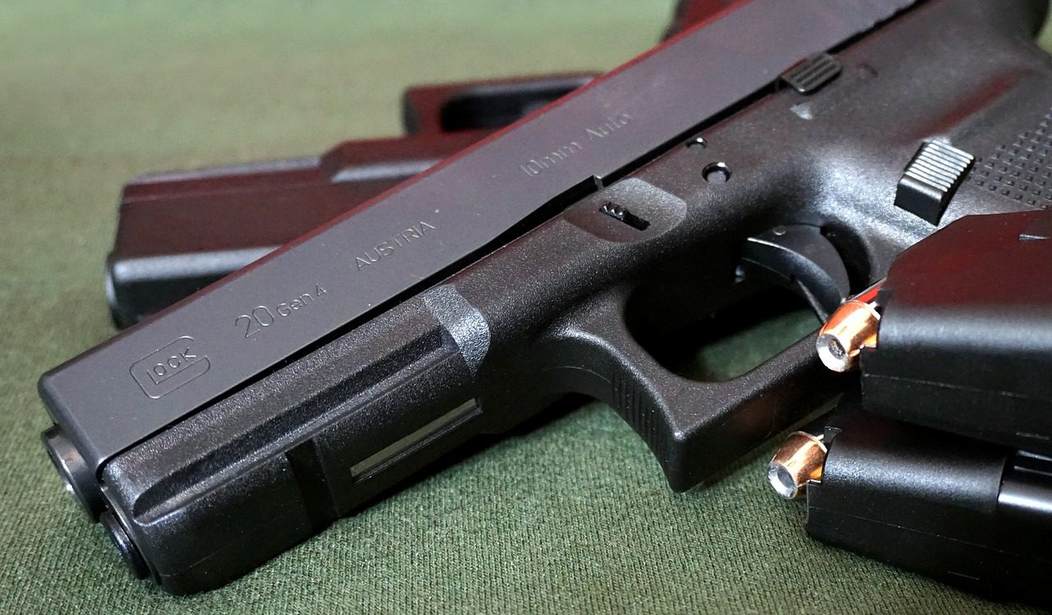I’m not really wild about a legal concept called qualified immunity. To some degree, it makes sense. It protects people like police officers from being sued while doing their job. Where it gets problematic is that I’ve seen public officials–including police officers–get away with some pretty sketchy behavior.
And that brings us to gun control.
What does gun control have to do with qualified immunity? Well, the answer should be, “nothing.” Unfortunately, a professor’s paper–brought to my attention by our friends over at The Truth About Guns–argues that police should just take guns away from people they determine to be dangerous, all under the idea that they’ll be immune from lawsuits.
Here, we suggest an unlikely source of continuing power, after Bruen, for states to disarm individuals they deem dangerous: qualified immunity. Qualified immunity shields state officers from monetary liability for many constitutional violations. In short, unless a previous case “clearly established,” with high factual particularity, that the officer’s conduct was unconstitutional, the officer does not pay. Thus, a state law enforcement officer may, after Bruen, confiscate an individual’s firearm if the officer deems that person too dangerous to possess it. The officer’s justifications may conflict with the federal courts’ understanding of Bruen or the Second Amendment—perhaps flagrantly. But unless a previous, authoritative legal decision examining near-identical facts says so, the officer risks no liability. And because each individual act of disarmament will be unique, such prior decisions will be vanishingly rare. The result is a surprisingly free hand for states to determine who should and should not be armed, even in contravention of the Supreme Court’s dictates.
That’s right. Screw the law and screw the Constitution.
However, I don’t think the author here really thought this one through. I say that because I’m not sure there’s any way a police officer just taking someone’s gun because they, personally, think the individual is dangerous is really going to fly. Sure, the officer himself might well avoid a lawsuit, but even if they’re immune from civil liability, they’re still subject to other disciplinary action.
Even anti-gun jurisdictions would find themselves having to discipline a lot of officers for conducting such illegal and unconstitutional actions. After all, even if the officers themselves can’t be sued, the departments can. More accurately, the departments in question will be sued.
Qualified immunity or not, a department can and will find itself in court should an officer decide to blatantly violate an individual’s Second and Fourth Amendment rights by seizing property and depriving them of their right to keep and bear arms without due process of law.
A cop just taking your gun isn’t due process.
And there, I believe we also have another hole in the professor’s plan, and that’s the Fourth Amendment aspect, which protects against unreasonable search and seizures. Police officers can’t take your stuff just because they don’t think you can have it. I’m pretty sure that’s been well-established in the courts as well. If so, qualified immunity goes out the window.
Of course, I’m not an attorney, so that’s not a hill I’m willing to die on.
But I promise you, if anyone actually tries this, the lawsuits will still come. If it’s not the individual officers, it’ll be the cities and police departments themselves, then the cops who continue to try this will quickly find themselves out of work, as well they should.
Especially since, qualified immunity or not, they’d know how wrong this is.








Join the conversation as a VIP Member